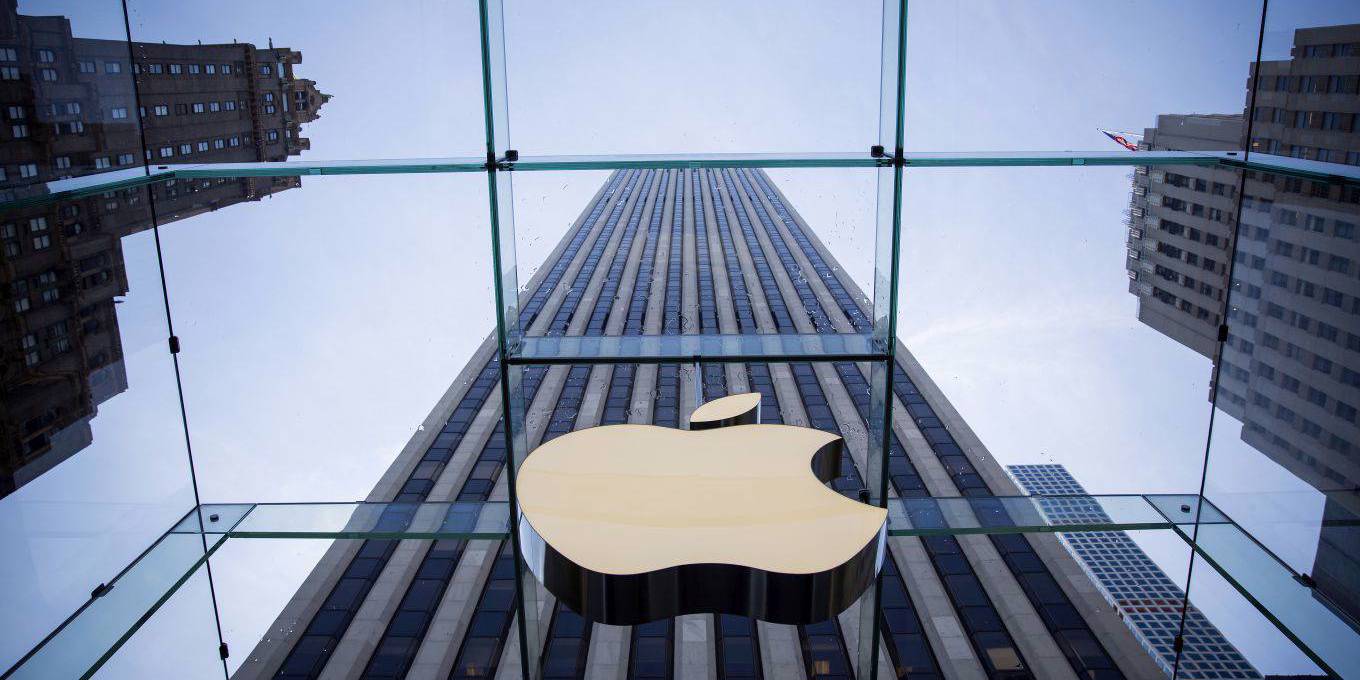Mark Esposito, Landry Signé, and Nicholas Davis in Project Syndicate:

As massive online platforms have given rise to numerous virtual marketplaces, a gap has opened between the real and the digital economy. And by driving more people than ever online in search of goods, services, and employment, the coronavirus pandemic is widening it. The risk now is that a new digital industrial complex will hamper market efficiency by imposing rents on real-economy players whose daily operations depend on technology.
The premise of the Fourth Industrial Revolution (4IR) is that the tangible and intangible elements of today’s economy can coexist and create new productive synergies. The tangible side of the economy provides the infrastructure upon which automation, manufacturing, and complex trade networks rest, and intangibles – logistics, communication, and other software and Big Data applications – allow for these processes to achieve optimal efficiency.
More to the point, the tangible economy is a prerequisite for the intangible economy. Through digitalization, tangibles can become intangibles and then overcome traditional limitations on scale and value creation. While heavily transactional and capital-intensive, this process hitherto has been a positive mechanism for growth, providing some equity of opportunities for small and large countries alike.
But this standard account of the 4IR omits the recent decoupling of the digital and real sectors of the economy.
More here.
